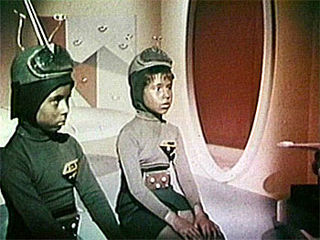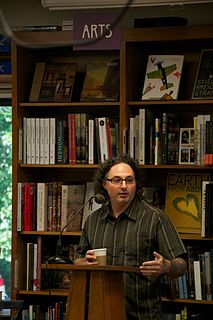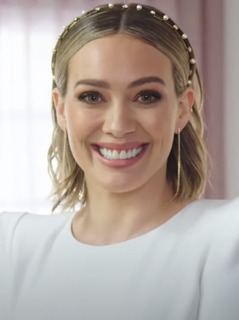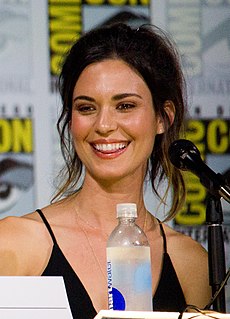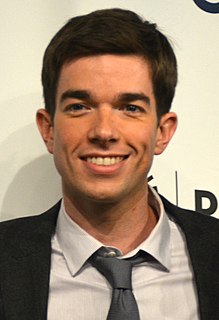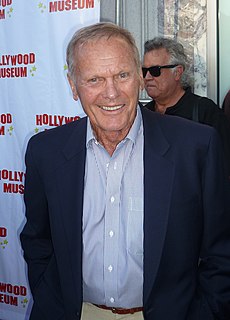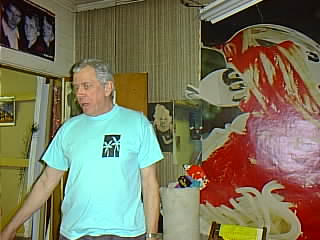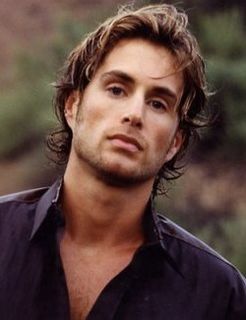A Quote by Susan Sarandon
One of the first lessons I learned as a mom was to forgive myself for not being perfect and to try to prioritize what was really important. I had to really accept very early on that after a while, reading a script and finding the form for the class trip, it was hard to realize which one had priority at times. So I just had to say, "You're doing the best you can, and when you make a mistake, apologize. Your kids know that you love them."
Related Quotes
I don't know if I continue, even today, always liking myself. But what I learned to do many years ago was to forgive myself. It is very important for every human being to forgive herself or himself because if you live, you will make mistakes - it is inevitable. But once you do and you see the mistake, then you forgive yourself and say, 'Well, if I'd known better I'd have done better,' that's all.
I really felt that I had to stay level, I had to control, I had to know what I was eating, I had to know what I was doing, I had to work out. All that stuff is very powerful and it really helps, but now I don't do it out of survival. At first, I was just trying to survive. I assumed at some point I'd be screwed otherwise.
Fifteen years ago I knew I had to settle into being a mom and give them a normal life, which I never had. I was always traveling. I had tours. I wanted my kids to settle down, and we kind of did it together.... It was a bumpy transition. There was no director telling me what to do. No script, but I really enjoyed it. I even became president of the PTA. Doing the laundry was a meditative experience. Now, when I start to get nervous and stressed, I go in and start to fold towels.
If I was feeling angry, I had to investigate not just who or what I was angry at, but why. And then I had to do the hard part and ask myself: Are you justified in where your anger is being directed? So, while I allowed my emotions to be valid, I knew that if I were to use them constructively, in the service of art, then I had to look at them dispassionately. Some might call this therapy, and I suppose it was. But I also had a goal that was larger than just healing myself, which was connecting to an audience.
I think everyone agrees First Contact was our best film, and even at that, they're kind of... I don't know, they're sort of movies. But they're kind of really Star Trek movies, if you take my meaning. It's hard for me to say. I was glad to be doing them. Whether they were good isn't really up to me to determine, and it doesn't matter what I think. I thought we had a really nice script on Nemesis, and the audience didn't seem to care for it, so what can you do?
I was a very introverted individual and this became an important outlet for me to express myself, to communicate, to take positions, make statements, take a stand and so forth. But I never really thought I had much a future at all So the thing that I had to do was to really go inward and really work super hard in the hope that someday it would pay off. And in using that term I don't mean necessarily money, but just the fact that I would have more depth and dimension both as a human being and as an artist.



